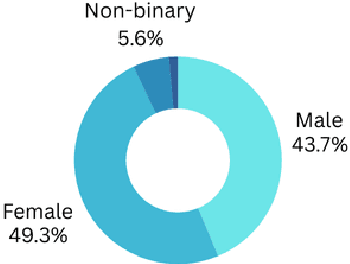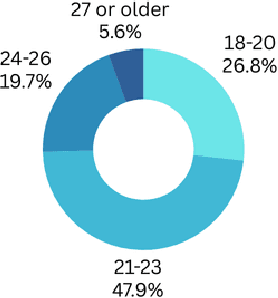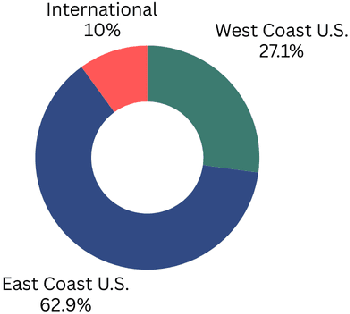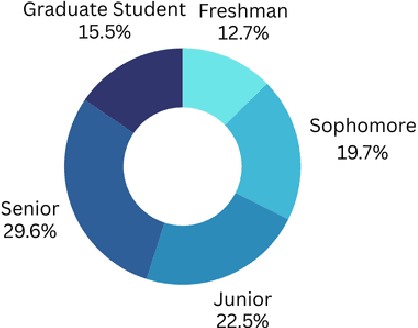Analyzing the Impact of AI Tools on Student Study Habits and Academic Performance
Paper and Code
Dec 03, 2024



This study explores the effectiveness of AI tools in enhancing student learning, specifically in improving study habits, time management, and feedback mechanisms. The research focuses on how AI tools can support personalized learning, adaptive test adjustments, and provide real-time classroom analysis. Student feedback revealed strong support for these features, and the study found a significant reduction in study hours alongside an increase in GPA, suggesting positive academic outcomes. Despite these benefits, challenges such as over-reliance on AI and difficulties in integrating AI with traditional teaching methods were also identified, emphasizing the need for AI tools to complement conventional educational strategies rather than replace them. Data were collected through a survey with a Likert scale and follow-up interviews, providing both quantitative and qualitative insights. The analysis involved descriptive statistics to summarize demographic data, AI usage patterns, and perceived effectiveness, as well as inferential statistics (T-tests, ANOVA) to examine the impact of demographic factors on AI adoption. Regression analysis identified predictors of AI adoption, and qualitative responses were thematically analyzed to understand students' perspectives on the future of AI in education. This mixed-methods approach provided a comprehensive view of AI's role in education and highlighted the importance of privacy, transparency, and continuous refinement of AI features to maximize their educational benefits.
 Add to Chrome
Add to Chrome Add to Firefox
Add to Firefox Add to Edge
Add to Edge